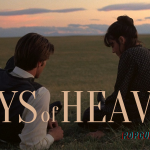The Phantom of the Opera (2004)
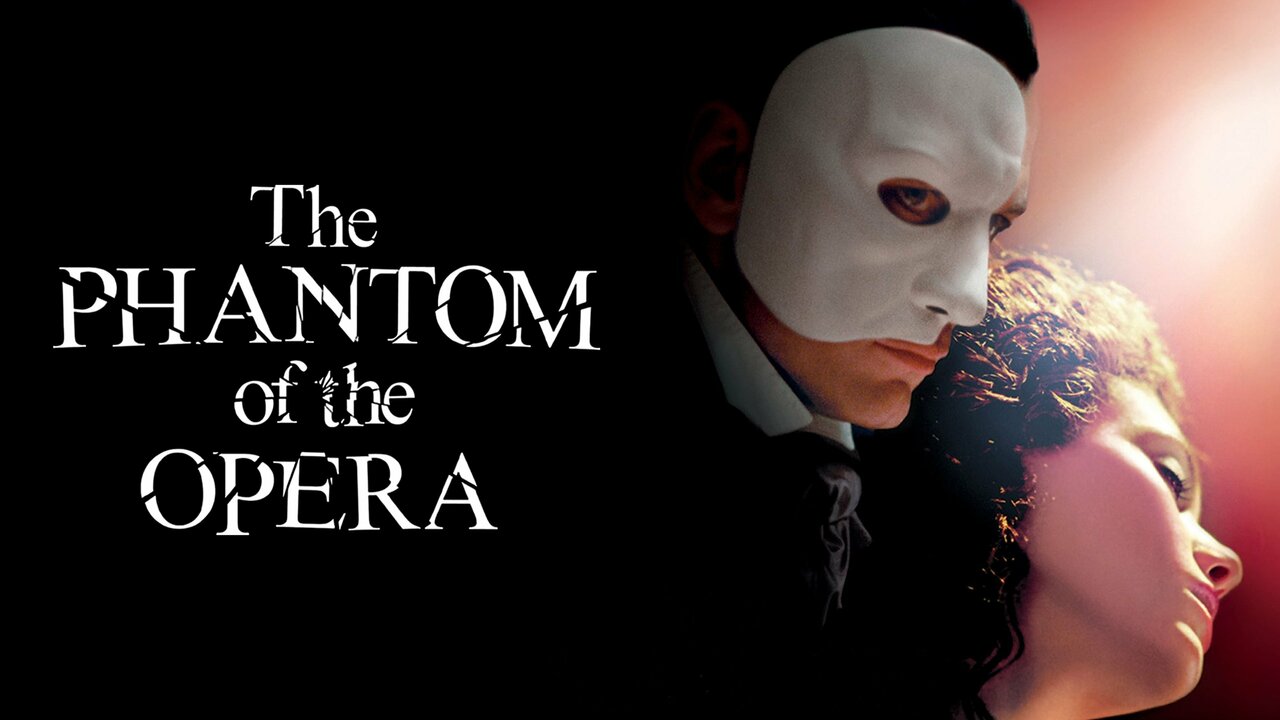
The Phantom of the Opera (2004), directed by Joel Schumacher, is a captivating musical film based on Andrew Lloyd Webber’s 1986 stage production, which itself is adapted from the 1910 novel Le Fantôme de l’Opéra by Gaston Leroux. Released in 2004, the film brings to life the dark and passionate tale of love, obsession, and tragedy set within the opulent Paris Opera House. Featuring a powerful performance by Gerard Butler as the mysterious Phantom and Emmy Rossum as the beautiful Christine Daaé, the movie offers an unforgettable cinematic experience blending stunning visuals, haunting music, and compelling drama.
The plot of The Phantom of the Opera revolves around the enigmatic Phantom, a disfigured musical genius who lives in the shadows beneath the opera house. Obsessed with Christine Daaé, a young and talented singer, the Phantom secretly influences her career, hoping that she will love him in return. However, Christine is also pursued by her childhood friend, Raoul, a handsome and nobleman. As the Phantom’s obsession deepens, he becomes increasingly possessive and vengeful, leading to a dangerous love triangle full of passion, jealousy, and heartache. The story explores themes of love, rejection, and the destructive power of obsession.
One of the most striking aspects of The Phantom of the Opera is its breathtaking visual design. Schumacher’s direction, combined with the film’s elaborate set designs and stunning costumes, transports viewers into a world of grandeur and mystery. The Paris Opera House, with its lavish chandeliers, grand staircases, and intricate architecture, serves as the perfect backdrop for the film’s dramatic and gothic atmosphere. The dark, shadowy lairs of the Phantom contrast with the opulent opera house, symbolizing the inner turmoil of the Phantom and the secret life he leads away from society’s gaze.
The music in The Phantom of the Opera is one of the film’s defining elements, with Andrew Lloyd Webber’s iconic score providing both beauty and intensity to the narrative. Songs like “The Phantom of the Opera,” “Music of the Night,” and “All I Ask of You” are central to the film’s emotional impact, conveying the characters’ desires, frustrations, and longing. The powerful performances of the cast, especially Gerard Butler and Emmy Rossum, breathe life into these classic songs. Butler’s deep, soulful voice brings a raw emotion to the Phantom’s character, while Rossum’s ethereal and haunting soprano perfectly captures Christine’s innocence and vulnerability.
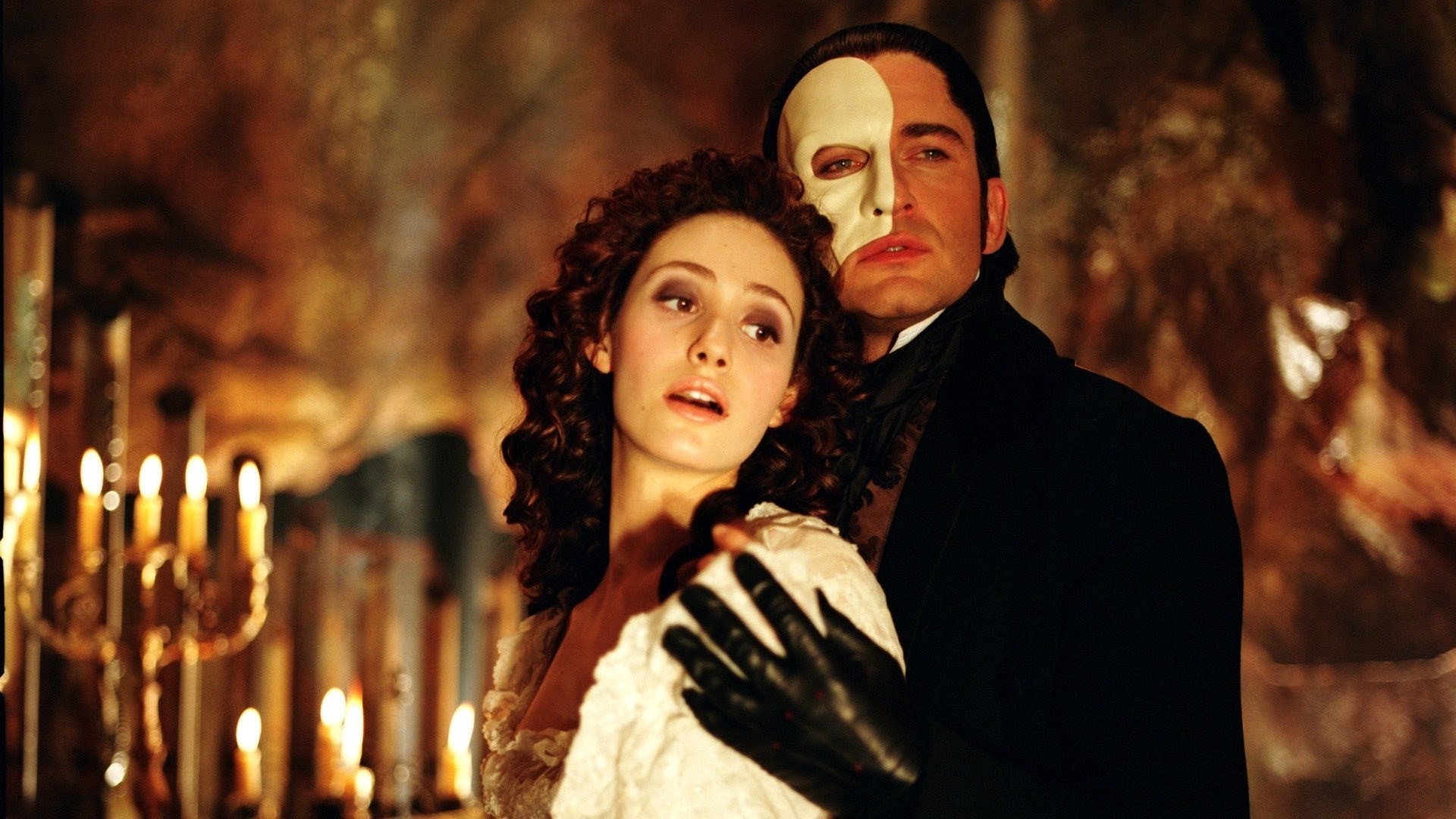
The relationship between Christine and the Phantom is the heart of the film. Their complex dynamic is a reflection of both love and fear, as Christine is torn between the Phantom’s intense affection and Raoul’s protective love. The Phantom’s tortured soul, scarred by his physical deformity and emotional wounds, makes him a tragic figure, and his feelings for Christine are both genuine and dangerous. Christine, on the other hand, is caught in a struggle between her sympathy for the Phantom and her desire for a more traditional and safe love with Raoul. This tension adds depth to the film, as the characters navigate their emotions in a world filled with deception and darkness.
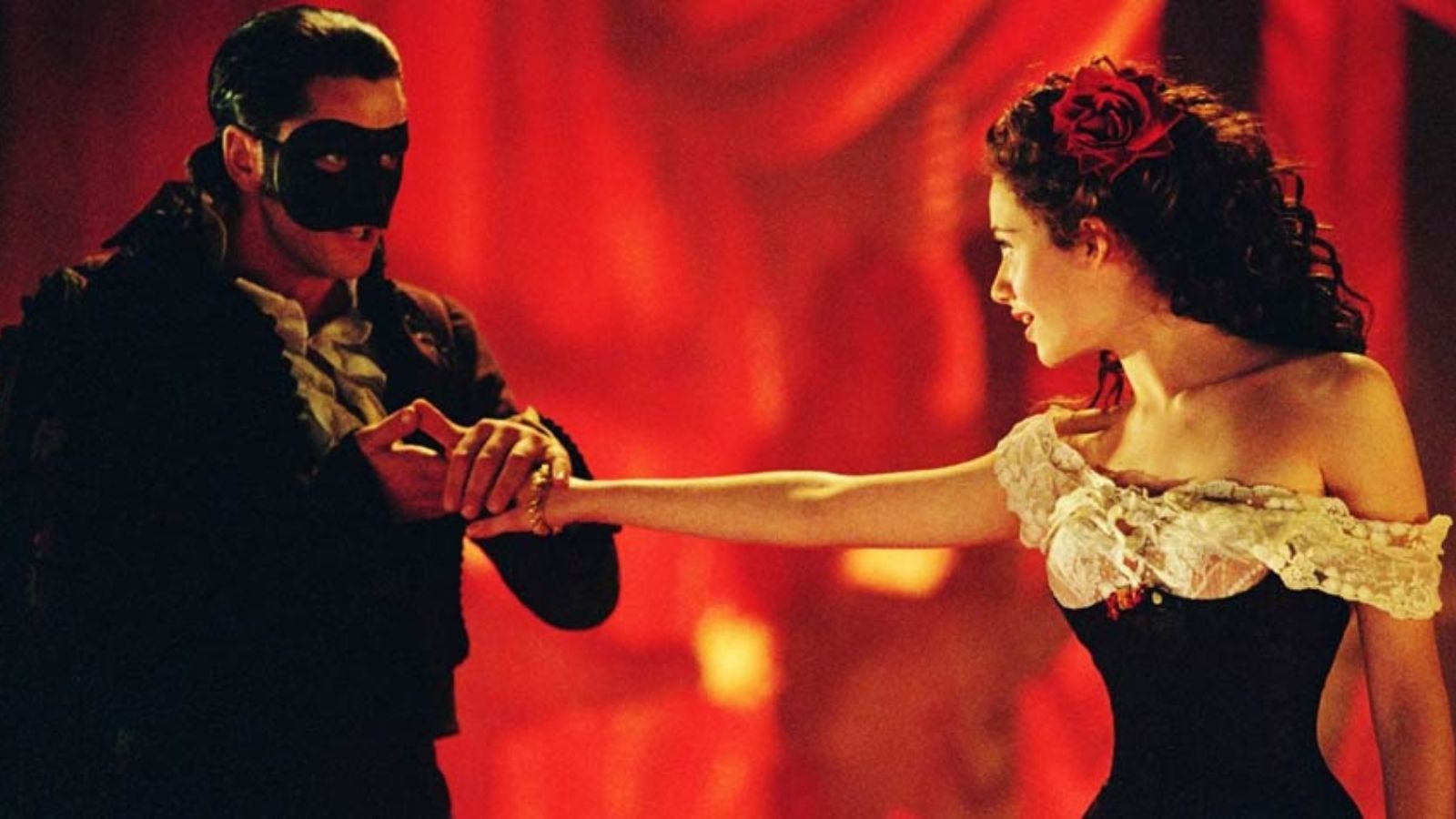
Another important aspect of the film is its exploration of isolation and identity. The Phantom, having been rejected by society due to his appearance, lives in the shadows, hiding from the world that scorns him. His obsession with Christine stems from his longing for acceptance and love, making his actions both sympathetic and tragic. Christine, on the other hand, is faced with a personal journey of self-discovery, torn between the Phantom’s intense passion and the stability offered by Raoul. Through their respective stories, the film explores the consequences of living in isolation, whether physical or emotional, and the desire for connection and understanding.
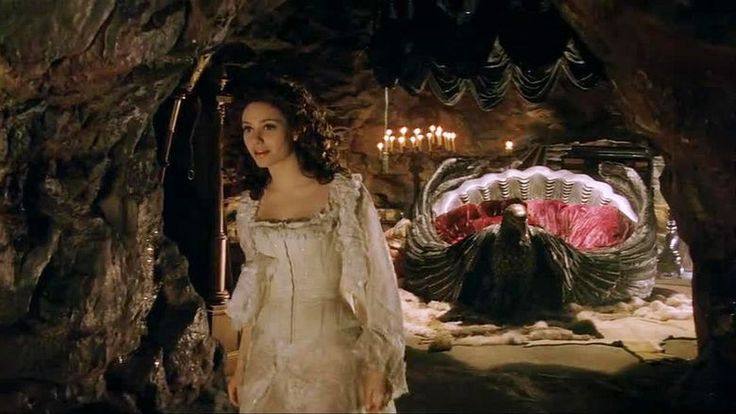
In conclusion, The Phantom of the Opera (2004) is a visually stunning and emotionally powerful adaptation of the beloved musical. With its captivating performances, memorable songs, and beautifully crafted sets, the film transports viewers into a world of passion, mystery, and tragedy. Through its exploration of love, obsession, and identity, The Phantom of the Opera remains a timeless story that continues to resonate with audiences. The film’s haunting score, intricate characters, and stunning visuals make it a remarkable cinematic achievement that captures the magic and darkness of the original story.











